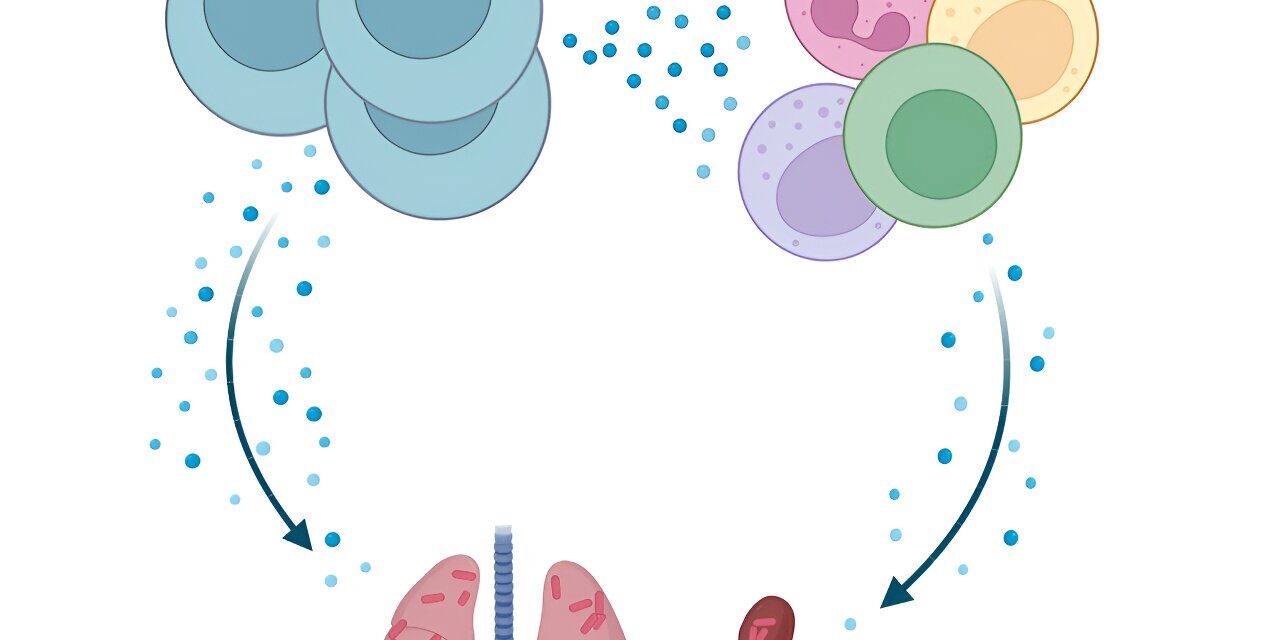Hackensack, NJ — In a groundbreaking study published in Cell Reports, researchers from the Hackensack Meridian Center for Discovery and Innovation (CDI) have identified an “unconventional” immune response that could pave the way for innovative tuberculosis (TB) vaccines. The findings reveal the crucial role of marginal zone B (MZB) cells, which have been largely overlooked in the fight against TB.
Traditionally, the immune response to TB has focused on T cells and antibodies, but this new research suggests that B cells, specifically MZB cells, may hold significant potential for vaccine development. According to the authors, “Our results indicate that B cells skew their immune landscape toward MZB cells to execute regulatory functions against TB, emphasizing the importance of antibody-independent mechanisms of B cells for controlling infectious disease.”
Using high-dimensional flow cytometry, the researchers tracked the immune response in an animal model, demonstrating that B cells actively shifted towards MZB cells during TB infection. This transition was characterized by increased activity and the expression of memory-like phenotypes, which subsequently influenced cytokine patterns and enhanced cell-mediated immunity.
“This discovery opens a new avenue in TB vaccine development, suggesting that targeting B cells for their regulatory functions could be a promising new strategy,” the authors noted.
Led by CDI scientists Chen-Yu Tsai, Ph.D., Ariel Aptekmann, Ph.D., Thomas Dick, Ph.D., and Martin Gengenbacher, Ph.D., the study underscores the urgent need for new TB vaccines. Currently, the only available vaccine, Bacille Calmette-Guérin (BCG), offers unreliable protection, particularly in adults.
Gengenbacher, who has dedicated much of his career to studying the Mycobacteria genus, advocates for enhancing BCG by engineering it to stimulate the development and communication of B cells. This approach aims to create a second-generation TB vaccine capable of providing consistent and long-lasting protection against new infections while also aiding in the treatment of existing TB cases alongside antibiotic therapy.
The implications of this research are profound, as it not only identifies a promising target for vaccine development but also reshapes our understanding of the immune response to TB.
For further details, refer to the study: Chen-Yu Tsai et al., “Splenic marginal zone B cells restrict Mycobacterium tuberculosis infection by shaping the cytokine pattern and cell-mediated immunity,” Cell Reports (2024). DOI: 10.1016/j.celrep.2024.114426.












